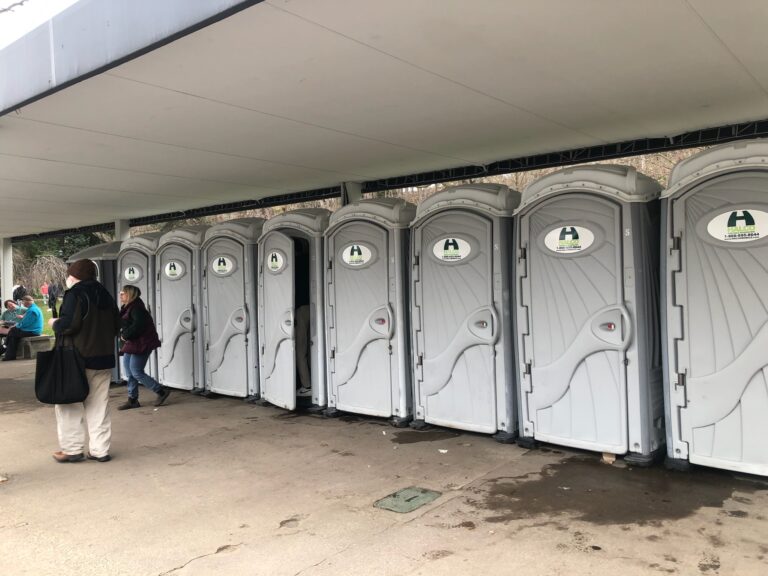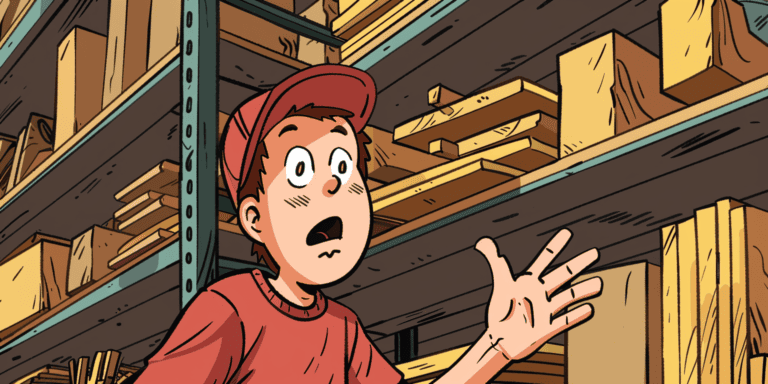While there is a long list of problems created by short-term rentals in our community, there are also some benefits. These businesses do create a small opportunity for jobs for the people who manage them. Presumably, these are registered, tax-paying businesses.
Another positive is that large families or large groups of visitors may find a rental more convenient than a hotel. Some of these people will spend money at tourist-centric businesses like restaurants, tours and shops in Niagara-on-the-Lake.
And as with anything, we must weigh the benefits against the negatives. But a small number of jobs and a slight boon to specifically the tourism economy doesn't outweigh the need for our homes to be filled with residents.
On the other side of the coin, as evidenced around the world, short-term rentals can drive out businesses meant to service residents, because there are fewer residents to patronize those businesses. That same lack of residents leads to forced school closures and hollowed-out communities in the long term.
We've already argued that these rental properties should be illegal, since they do not obey long-established zoning bylaws, they evade commercial taxes, create unfair competition in the housing market and they now will be largely exempt from Niagara-on-the-Lake's new municipal accommodation tax – which other accommodation businesses, such as hotels, will be collecting from patrons.
So what does council do about these rentals, to ensure our homes are available for people to live in and aren't all consumed by rentals seeking to make a profit? And what does council do to guarantee these businesses are paying their fair share?
Well, there are a couple of realistic options.
Unfortunately, it doesn't seem likely that council — because it already set a dangerous precedent — will be able to wave a magic wand and make these rental problems disappear.
Massive companies like Airbnb have been known to sue municipalities for challenging them. And in the end, while it's a battle worth fighting and it should be fought, we can't predict a majority of our town councillors having the courage to fight that war — not when they've already spent millions of dollars battling developers.
But there are solutions that can be implemented immediately and will stand up in court.
One, which town council retreated on because of the influence from a vocal minority of industry stakeholders, is to only allow home rental accommodations to be offered from a primary residence — in other words, just a regular bed and breakfast — the way the town operated for decades before home-sharing apps became popular and later evolved into companies like Airbnb.
In this situation, the owner would live in the house the majority of the year and be a contributing member of our town and community. They would also be on site to manage guests.
We think that's an obvious solution. It's not clever or new. It's just the obvious right thing to do and would allow residences to still fall within the category of a residentially zoned home. The B&Bs wouldn't have to pay commercial property tax. However, they should still have to collect and remit the municipal accommodation tax.
Another option is to limit short-term rentals to a specific, small number of homes, and have a bid for licences. But what number do we select? How many of our residential homes do we allow to operate as commercial businesses? Is it five per cent? Ten? Twenty-five?
We suggest that even one per cent of homes being bought and used for purely commercial gain is too many, so this option isn't really ideal. But if it was to be council's choice, it should be absolutely no higher than five per cent, or one in 20 homes.
Another option is to temporarily rezone short-term rentals to commercial status for the time of operation to ensure the owners are paying their share in commercial taxes, the same way our hotels and other businesses must. As we've been saying all along — any short-term rental that doesn't function as a primary home to a NOTL resident should be treated as it is — a business.
This might need to be a new zoning entirely — and it should be expensive. Remember, the goal here is also to protect and preserve our homes for real people to live in.
Whatever options our councillors choose, they must act soon. We've spent enough time on designs for projects like the new NOTL gateway, altering perfectly functional stop signs or figuring out routes for the Pedal Pub. These issues are all secondary to the fact that NOTL is losing its homes to an industry that doesn't care about the future of our town.
We can no longer afford to let our residential homes be plundered in the name of profit.











